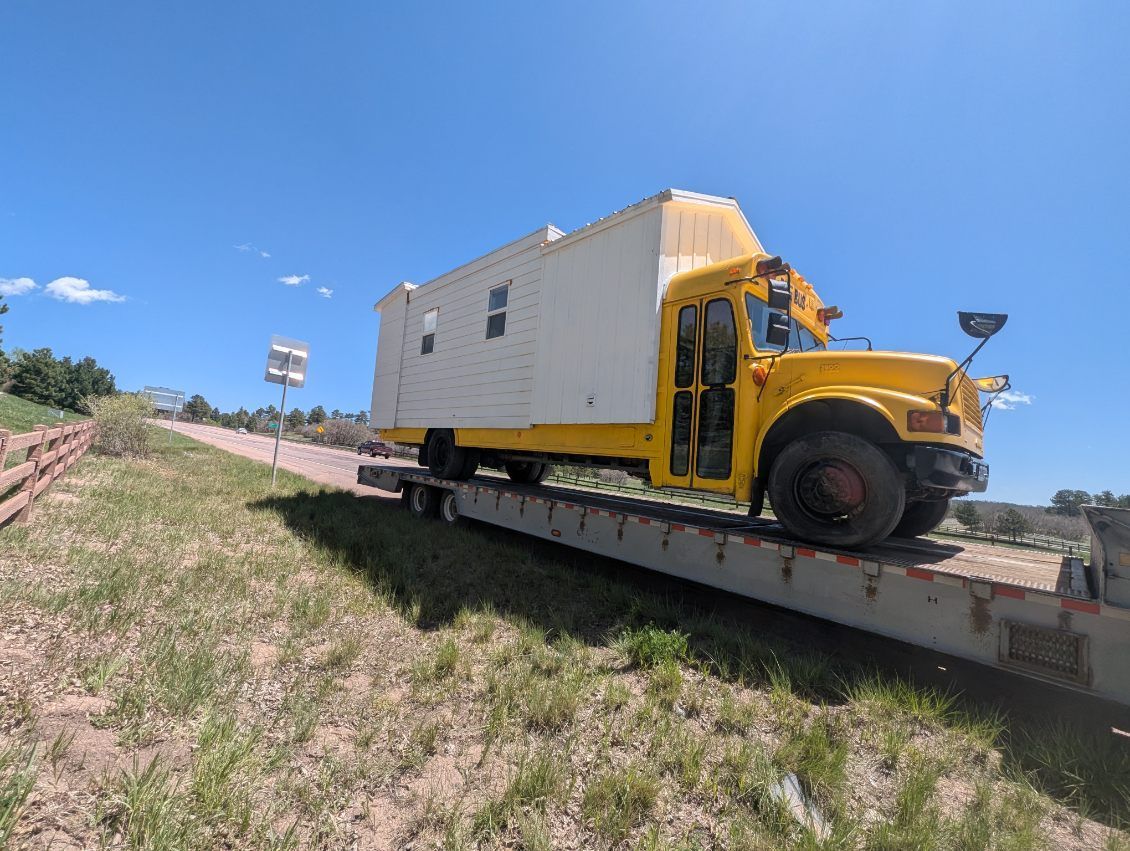How Often Should You Move Your Tiny Home?
- By Tony Mers
- •
- 09 Sep, 2024
- •

Tiny homes offer a unique blend of affordability, mobility, and simplicity. They are a fantastic solution for those looking to downsize or live a more minimalist lifestyle. Whether you’re new to tiny home living or a seasoned tiny home dweller, you may wonder how often you should move your tiny home. Explore the factors influencing how often you should move and discover practical insights that can help you make informed decisions.
Legal and Logistical Considerations
Before moving your tiny home, knowing the legal requirements and logistical considerations is crucial. Different states and municipalities have specific regulations regarding the transportation of tiny homes. Ensure you have the necessary permits and understand the routes you can take before you begin your move.
Stability and Mobility
One of the key advantages of living in a tiny home is the ability to balance stability and mobility. While the flexibility to move is appealing, it’s also important to establish a sense of stability. Staying in one place for an extended period allows you to enjoy the comforts of a settled life.
Frequent moves can disrupt this sense of stability, which is why finding the right balance between exploring new places and enjoying the benefits of a stable environment is essential. Assess your priorities and plan your moves accordingly to achieve this balance.
Community Building
An often-overlooked aspect of tiny home living is the sense of community you can gain. Staying in one place for an extended period allows you to build relationships with neighbors and become part of a community. This can enhance your overall living experience and provide you with a strong support system.
Frequent moves can make it challenging to establish these connections. Consider spending a fair amount of time in one location to build relationships and enjoy the benefits of being part of a community. This can also provide you with a sense of security and belonging.
Financial Implications
Moving your tiny home involves costs that go beyond transportation fees. Each move may require securing new permits, setting up utilities, and potentially paying for parking spots, which can add up over time.
Assess your budget and determine how often you can realistically afford to move. Planning your finances in advance will help you avoid any unexpected financial burdens. Consider setting aside a portion of your budget specifically for moving-related expenses. Additionally, working with professional tiny house movers can provide cost-effective solutions for relocation.
Determining how often you should move your tiny home depends on various factors, including cost, legal considerations, and personal preferences. Ultimately, you should prioritize your well-being and make decisions that align with your values and goals.
If you need assistance with moving your tiny home, One Call Logistics’ team of professional tiny house movers is here to help. Contact us today to learn more about our services and ensure a smooth and hassle-free relocation.

Hurricane Preparedness for RV Owners: A Guide to Staying Safe and Secure
When hurricane season rolls around, RV owners must be extra vigilant about preparing their vehicles for extreme weather. The combination of mobility and vulnerability makes RVs both a blessing and a curse during storms. While it’s tempting to stay in your RV, it’s important to take extra steps to ensure both your safety and the safety of your vehicle.
Whether you're a full-time RVer or just using your RV for weekend getaways, here's a comprehensive guide to help you prepare for hurricanes and stay safe during the storm.












